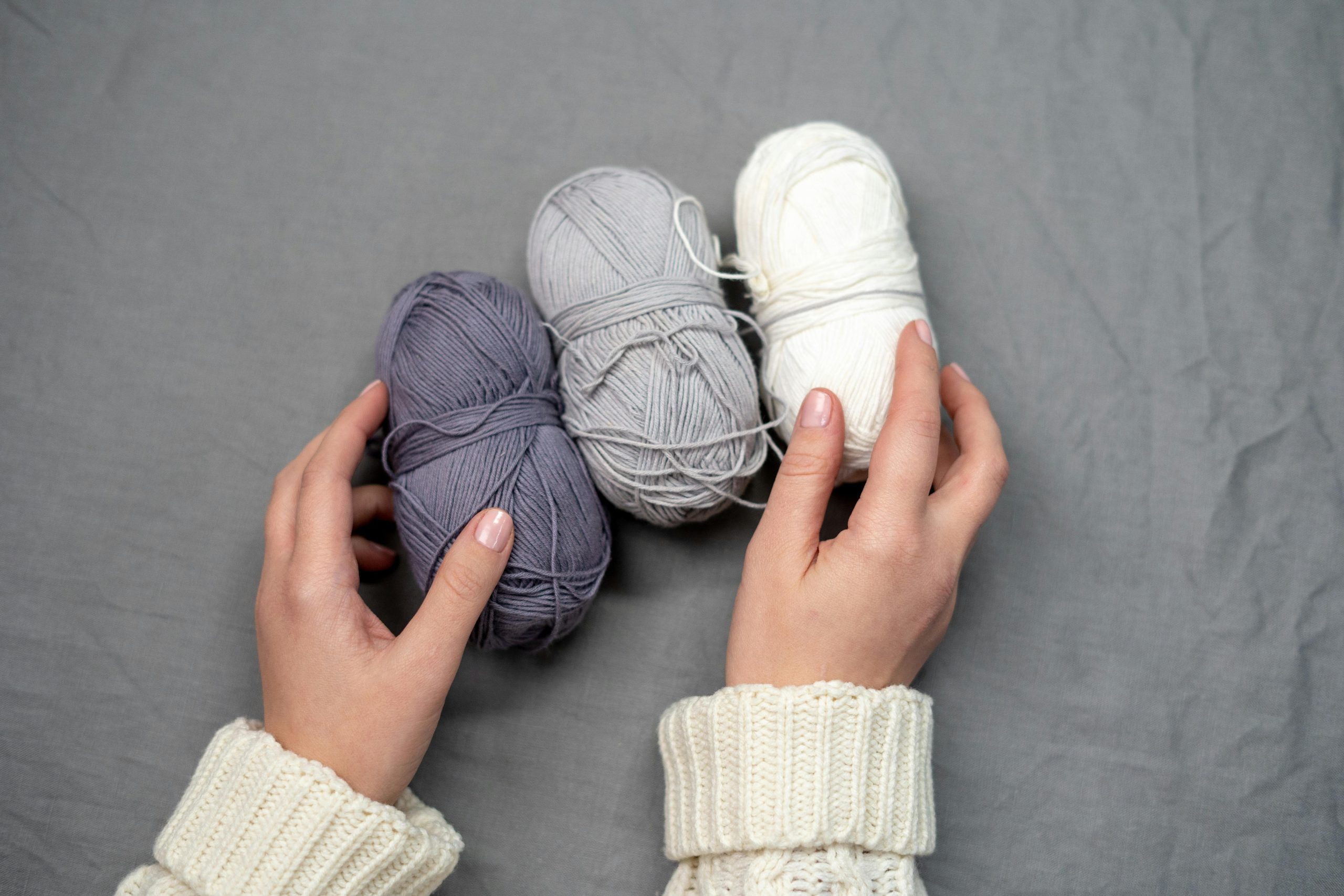Bamboo knitting needles are a popular choice among knitters due to their lightweight and eco-friendly nature. However, as with any knitting needles, they can become dull over time with frequent use. The question arises: can you sharpen bamboo knitting needles? In this article, we will explore whether it is possible to sharpen bamboo knitting needles and provide some insights into the process.
Can Bamboo Knitting Needles Be Sharpened?
Bamboo knitting needles, unlike metal or plastic needles, cannot be easily sharpened due to their organic nature. Bamboo is a natural material that is prone to splintering and breaking when subjected to excessive force or pressure. Sharpening bamboo knitting needles can weaken the structure of the needles and compromise their integrity. Therefore, it is generally not recommended to sharpen bamboo knitting needles.
However, there are alternative methods to address the issue of dull bamboo knitting needles. Let’s explore some of these methods below.

Alternatives to Sharpening Bamboo Knitting Needles
Rather than attempting to sharpen bamboo knitting needles, knitters can consider the following alternatives to rejuvenate their needles:
1. Sanding
Sanding the tips of bamboo knitting needles can help remove any roughness or splinters, improving their overall performance. Here are some points to keep in mind when sanding bamboo knitting needles:
- Start by using fine-grit sandpaper (around 320-400 grit) to gently sand the tips of the needles.
- Hold the sandpaper firmly and move it in a circular motion to smooth out any rough edges.
- Be cautious not to apply excessive pressure, as it can cause the bamboo to splinter.
- After sanding, wipe the needles with a soft cloth to remove any sanding residue.
Sanding can help restore the smoothness of the needle tips, but it may not significantly improve their sharpness. It is important to note that sanding is not a permanent solution and may need to be repeated periodically as the needles continue to wear down with use.

2. Waxing
Another method to enhance the performance of bamboo knitting needles is by waxing them. Waxing can reduce friction and make the needles glide more smoothly through the yarn. Consider the following points when waxing bamboo knitting needles:
- Choose a natural wax, such as beeswax or paraffin wax, that is safe for use with knitting needles.
- Rub the wax gently along the surface of the needles, focusing on the tips and any other areas that come into contact with the yarn.
- Use a soft cloth to remove any excess wax and buff the needles for a smooth finish.
Waxing can help improve the overall knitting experience by reducing friction, but it does not sharpen the needles. Regular waxing may be required to maintain the benefits.
3. Replacement
If your bamboo knitting needles have become excessively dull or damaged, it might be time to consider replacing them. Although bamboo needles are generally durable, they do have a limited lifespan. By investing in a new set of bamboo knitting needles, you can ensure a more enjoyable knitting experience with sharp and smooth needles.

Conclusion
In summary, sharpening bamboo knitting needles is not recommended due to the organic nature of the material and the risk of weakening the needles. Instead, knitters can explore alternative methods such as sanding or waxing to improve the performance of their bamboo knitting needles. These methods can help rejuvenate the needles and extend their lifespan. However, if the needles are excessively dull or damaged, it is advisable to consider replacing them. With proper care and maintenance, bamboo knitting needles can provide many hours of enjoyable knitting.
Leave a Reply